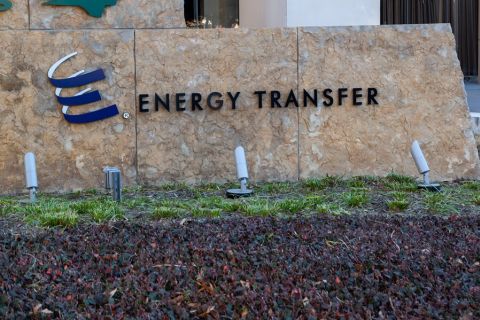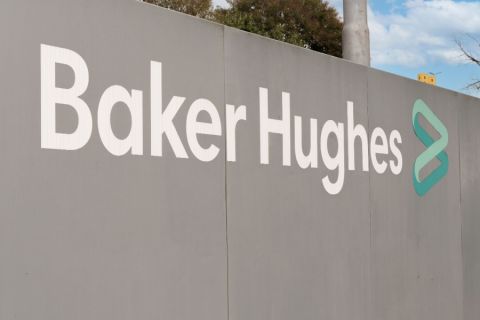The worldwide campaign against terrorism has the potential, directly or indirectly, to threaten global oil supplies much as the Gulf War of 1991 did. Therefore, proper use of the Strategic Petroleum Reserve is once again being discussed. A decade ago, when the U.S. began bombing Iraq, some oil was drawn from the SPR to offset a brief price spike that was prompted by market fears of a major supply disruption (that did not occur). "The current antiterrorist coalition is a fragile meeting of the minds between vastly different countries, including many oil-producing countries," says Sarah Emerson, director of petroleum services for <$iEnergy Security Analysis Inc. > (ESAI), a Massachusetts-based consulting firm. No doubt, a threat to oil supplies is inherent in the current conflict. However, Emerson warns, the way the U.S. responds by using its strategic oil reserves is critical. "The SPR is not a revenue-raising tool, it is a tool for managing a crisis. The more the use of the SPR diverges from its original purpose, the more it is likely to invoke the law of unintended consequences," she says in a recent report. "As a political tool, the SPR is clumsy. And it should not be used to short-circuit the pricing mechanism [of a free market]." SPR oil is in a federally owned series of huge underground salt caverns in Texas and Louisiana, and has never been filled to capacity. The oil is to be withdrawn in a supply emergency. It was meant to supply the American public with oil if foreign supplies were cut off, or prices soared during a geopolitical crisis. The Clinton administration, however, began using the SPR differently. Oil was withdrawn three times when there was no immediate supply crisis. Rather, crude was taken to reduce the federal budget deficit, to defray the costs of shutting down the Weeks Island SPR site in Louisiana, and to fight soaring petroleum-product prices. The most recent draw-down-of 30 million barrels-was in the fall of 2000, in a political move to ease high heating-oil prices during the presidential campaign. But in light of the events of September 11, the SPR's original reason for being-emergency preparedness-has come back into focus, Emerson says. If a supply crisis occurs that is larger than can be handled by excess capacity available from various producing nations, then an early and large release from the SPR is warranted. "The early release option should be on the table" to augment the roughly 5 million barrels a day of spare capacity from Saudi Arabia and others. "It would reiterate the point that the U.S. is indeed waging war on many fronts," Emerson says. "Right now we don't have an oil crisis." Saudi excess capacity is about 2- to 2.5 million barrels per day and the other nations' capacity adds up to another 2- to 2.5 million, she says. "An SPR draw-down should be a coordinated effort on the part of the U.S., Japan and more recently, South Korea [who also have strategic reserves]. Germany recently sold its reserve...It might also behoove the government to survey oil companies and trading firms to get an 'outside' view of the likely impact on supply and price of such a draw-down."
Recommended Reading
Talos Energy Expands Leadership Team After $1.29B QuarterNorth Deal
2024-04-25 - Talos Energy President and CEO Tim Duncan said the company has expanded its leadership team as the company integrates its QuarterNorth Energy acquisition.
Energy Transfer Ups Quarterly Cash Distribution
2024-04-25 - Energy Transfer will increase its dividend by about 3%.
ProPetro Ups Share Repurchases by $100MM
2024-04-25 - ProPetro Holding Corp. is increasing its share repurchase program to a total of $200 million of common shares.
Baker Hughes Hikes Quarterly Dividend
2024-04-25 - Baker Hughes Co. increased its quarterly dividend by 11% year-over-year.
Weatherford M&A Efforts Focused on Integration, Not Scale
2024-04-25 - Services company Weatherford International executives are focused on making deals that, regardless of size or scale, can be integrated into the business, President and CEO Girish Saligram said.





